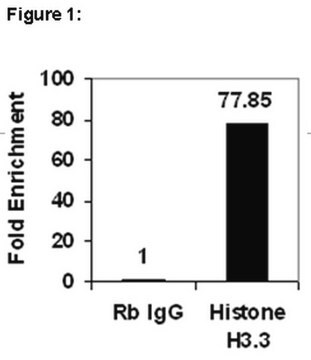195243
Naphthol Blue Black
Dye content 80 %
Synonyme(s) :
Acid Black 1, Amido Black 10B, Buffalo Black NBR
About This Item
Produits recommandés
Forme
powder
Niveau de qualité
Composition
Dye content, 80%
Solubilité
water: 1 mg/mL, opaque, blue to very deep blue
λmax
618 nm
Application(s)
diagnostic assay manufacturing
hematology
histology
Température de stockage
room temp
Chaîne SMILES
[Na+].[Na+].Nc1c(\N=N\c2ccc(cc2)[N+]([O-])=O)c(cc3cc(c(\N=N\c4ccccc4)c(O)c13)S([O-])(=O)=O)S([O-])(=O)=O
InChI
1S/C22H16N6O9S2.2Na/c23-19-18-12(11-17(39(35,36)37)21(22(18)29)27-24-13-4-2-1-3-5-13)10-16(38(32,33)34)20(19)26-25-14-6-8-15(9-7-14)28(30)31;;/h1-11,29H,23H2,(H,32,33,34)(H,35,36,37);;/q;2*+1/p-2/b26-25+,27-24+;;
Clé InChI
AOMZHDJXSYHPKS-DROYEMJCSA-L
Vous recherchez des produits similaires ? Visite Guide de comparaison des produits
Description générale
Application
Mention d'avertissement
Warning
Mentions de danger
Conseils de prudence
Classification des risques
Skin Sens. 1B
Code de la classe de stockage
11 - Combustible Solids
Classe de danger pour l'eau (WGK)
WGK 1
Point d'éclair (°F)
Not applicable
Point d'éclair (°C)
Not applicable
Équipement de protection individuelle
dust mask type N95 (US), Eyeshields, Gloves
Faites votre choix parmi les versions les plus récentes :
Déjà en possession de ce produit ?
Retrouvez la documentation relative aux produits que vous avez récemment achetés dans la Bibliothèque de documents.
Les clients ont également consulté
Notre équipe de scientifiques dispose d'une expérience dans tous les secteurs de la recherche, notamment en sciences de la vie, science des matériaux, synthèse chimique, chromatographie, analyse et dans de nombreux autres domaines..
Contacter notre Service technique











